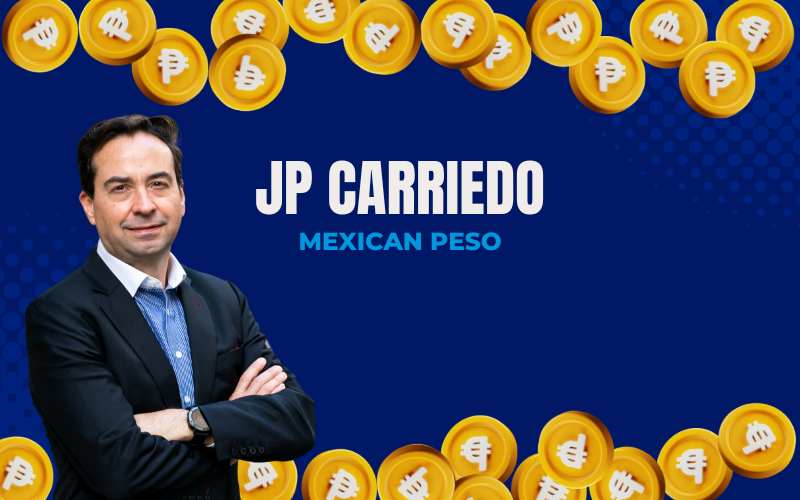Sept 13 (Reuters) - Currencies of most resources-rich Latin American countries advanced on Wednesday, as commodity prices appreciated, while U.S. inflation data cemented investors' expectations the Federal Reserve would keep interest rates on hold.
- U.S. consumer prices accelerate in August on gasoline
prices - Colombian and Chilean currencies up over 1%
- Investors pulled $15.5 billion from emerging market portfolios in August
- Latam FX up 0.8%, stocks add 0.9%
The MSCI’s index for Latin American currencies rose 0.8%, touching a near-two week high, even as the dollar edged higher against a basket of major global currencies in choppy trading. U.S. consumer prices increased by the most in more than a year in August amid a surge in the cost of gasoline, data showed, but the annual rise in core inflation was the smallest in nearly two years.
“There is disinflation but there remains relative price growth … the question is how long is the Fed going to maintain its relatively hawkish mentality,” said Juan Perez, director of trading at Monex USA.
“What feels like a dollar ‘staying afloat’ day is not a dollar advancement day,” Perez said.
Currencies of Colombia gained 1.0%, leading gains among local peers while the Mexican peso added 0.7%. The currency of top copper producer Chile added 1.1%, tracking higher prices of the red metal, while Peru’s sol was trading flat. Iron-ore exporter Brazil’s real added 0.7% as iron ore futures climbed for a third consecutive session.
The MSCI’s index for Latin American stocks also gained 0.9%. After sharp gains since the beginning of the year, Latin American assets have been weighed down since August by a strengthening dollar and increasing concerns over growth in top commodities consumer China. Investors pulled $15.5 billion from emerging market portfolios in August, the largest monthly outflow in a year with Chinese stocks taking a record hit in the latest sign of a shift in investor sentiment towards the world’s second biggest economy, the Institute of International Finance reported. Emerging Latin America-focused portfolios saw outflows of just under $5 billion, the IIF said. Amundi, Europe’s largest asset manager, said it had turned marginally more positive on Brazil while it lowered its view on Chinese equities to neutral. Investors now await Peru’s interest rate decision on Thursday, with analysts expecting the central bank to cut borrowing costs by 25 basis points. Separately, Argentina’s monthly inflation rate stood at 12.4% in August, the highest figure since 1991, with annual inflation hitting a more than anticipated 124.4%, the country’s statistics agency reported.





